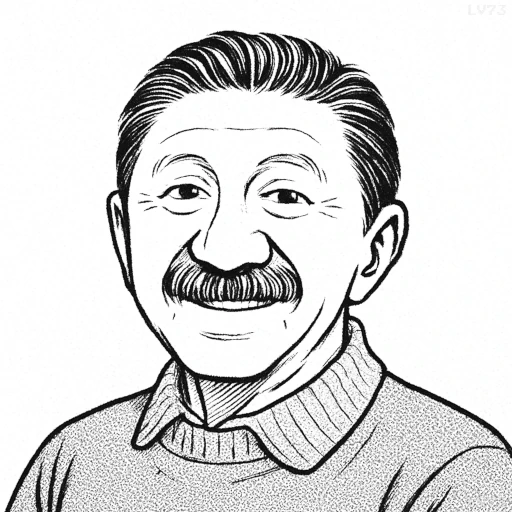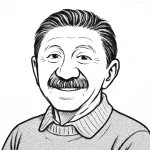“What a man can be, he must be. This need we call self-actualization.”

- April 1, 1908 – June 8, 1970
- American
- Psychologist, Creator of Maslow’s Hierarchy of Needs, Humanistic Psychology Pioneer
table of contents
Quote
“What a man can be, he must be. This need we call self-actualization.”
Explanation
This quote is one of Abraham Maslow’s most iconic expressions of his theory of self-actualization, the highest level in his hierarchy of needs. Maslow believed that every person possesses innate potential—unique talents, capacities, and virtues—and that realizing this potential is not just a desire, but a psychological necessity. In his view, to be fully human is to strive toward becoming the best version of oneself, and failure to do so often results in a sense of incompleteness or dissatisfaction. Self-actualization is not optional—it is a deep human need.
The quote emerges from a post-World War II context, when psychology was shifting away from a narrow focus on pathology and beginning to explore human excellence, motivation, and fulfillment. Maslow’s theory proposed that after basic needs like safety, belonging, and esteem are met, a person becomes driven by the need to achieve their fullest expression—in art, science, relationships, or any domain of meaning. Importantly, Maslow saw this as deeply individual: what one “must be” varies from person to person.
Today, this idea resonates with people across disciplines—from education and therapy to leadership and career development. For instance, a gifted teacher who suppresses their talents may feel unfulfilled despite outward success. Maslow’s quote reminds us that true well-being comes from honoring and pursuing one’s inner potential, and that each person bears a unique responsibility to realize what they alone are capable of becoming.
Would you like to share your impressions or related stories about this quote in the comments section?
